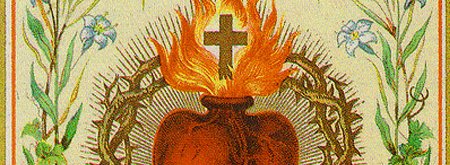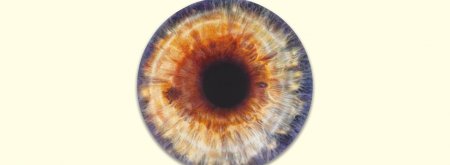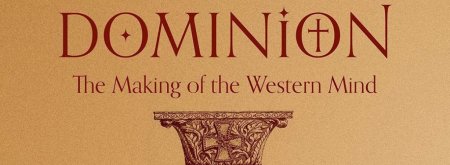
Gender Identity and the Body
What does the biblical view of creation have to say in the transgender debate?
Everybody has a way of making sense of the world – a 'worldview' – whether that's a religion (eg. Hinduism), a philosophy (eg. postmodernism) or some other belief system (eg. naturalism). Understanding other people’s worldviews helps us to communicate our own. Explore how to analyse a worldview and how to respond to philosophical worldviews such as pragmatism and postmodernism.

What does the biblical view of creation have to say in the transgender debate?

A series of four talks addressing Modernism and Postmodernism.

An exploration of the experience of grief and loss in Sufjan Stevens' album Carrie and Lowell.

Yuval Noah Harari's wide-ranging book offers fascinating insights. But it also contains unspoken assumptions and unexamined biases.

An in-depth engagement with historian Tom Holland's account of Christianity's lasting impact on thinking and morality of the West.

What does it mean to write from a Christian worldview?

How has the way art depicts humanity changed over time? How should the truths of the Christian view of humanity shape creative practice?

In our increasingly polarised world, this book argues for us to learn how to hold truths in tension.

Why do people disagree about the big questions? Part of the answer is that we all see the world differently.

Modernism and Postmodernism both have great influence. Which elements can be accepted, and which must be rejected,

In this book, Philip Ryken sets out the need for students to take a distinctively Christian approach to their studies – and all of life.

Greg Koukl defends the reasonableness and beauty of the Christian story, and reveals what's lacking in alternative accounts of reality.

What has led to the current thinking on what we can know and how we come to know it? Bruce Little considers postmodernism and epistemology.

Francis Schaeffer considers how Christians might provide possible answers to some of the basic philosophical questions that challenge…

This extensive study explores the debates around sexuality and identity, and argues that the Bible provides a more fulfilling model.

This engaging book uses a 'choose your own adventure' format to help readers discover their fundamental beliefs about reality.

Engaging with Atheists is written to help Christians understand the questions and issues atheists raise.